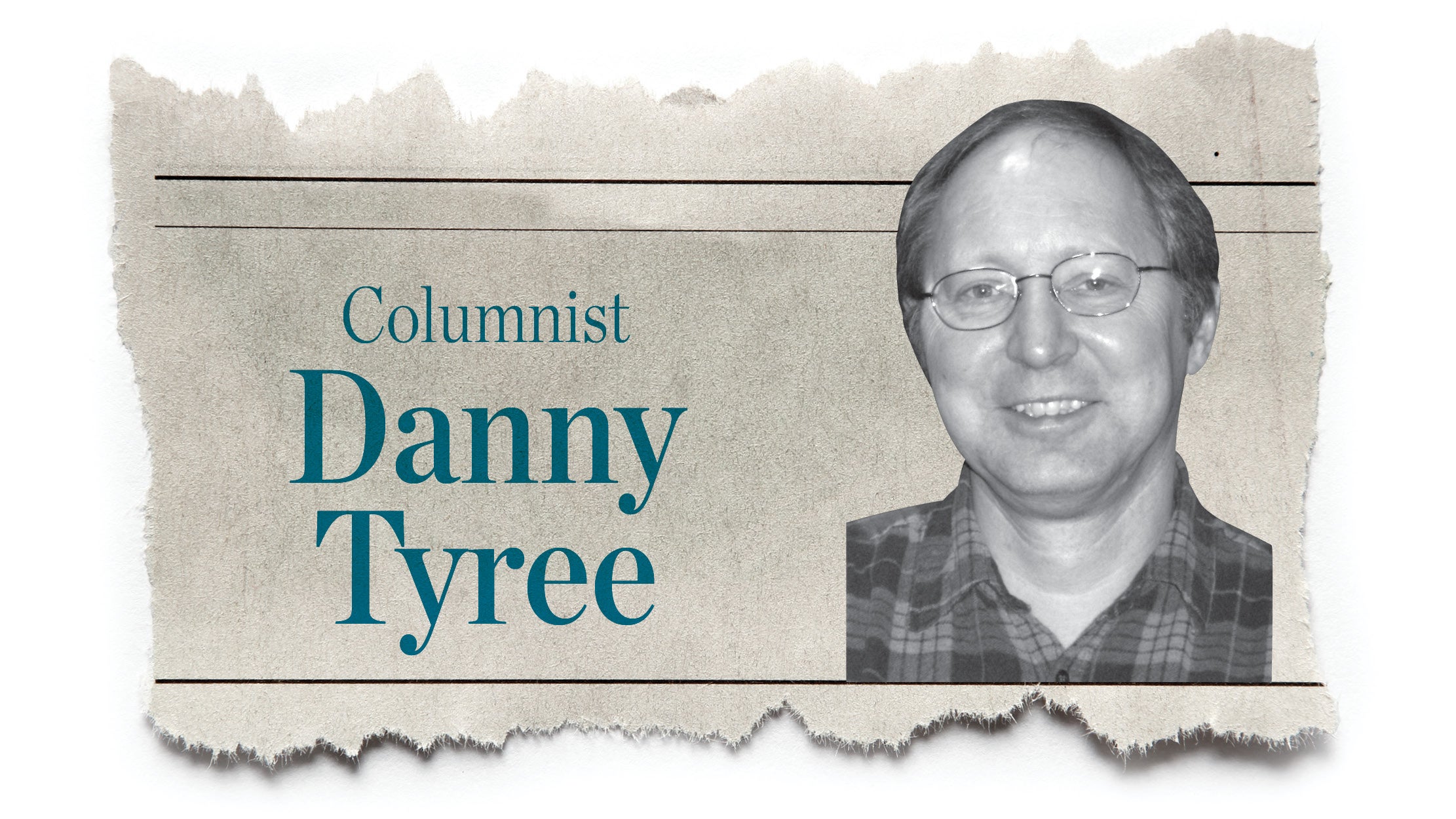From the Founding Fathers until now, a time to pray
Published 5:38 am Sunday, October 2, 2022
A time to pray.
Now that’s a phrase I have used a time or two in ministry!
At the beginning of services, before large gatherings, in small groups and in funeral homes, I have invited thousands over the years to join me in a time of prayer to God.
As a proud American I have always been blessed to read of our nation’s founding fathers reliance on God’s grace and strength especially in trying times.
In the year 1774, King George of England decided to punish the colonists for the Boston Tea Party.
He imposed the Boston Port Act, March 7, 1774, effectively closing the harbor to all commerce, intentionally ruining the economy.
Surrounding towns rallied by sending food.
William Prescott, who later commanded at Bunker Hill, wrote: “Our forefathers passed the vast Atlantic, spent their blood and treasure, that they might enjoy their liberties, both civil and religious, and transmit them to their posterity… Now if we should give them up, can our children rise up and call us blessed?”
Upon hearing of the Boston Port Act, Thomas Jefferson drafted a Day of Fasting and Prayer resolution, which was introduced in the Virginia House of Burgesses by Robert Carter Nicholas, May 24, 1774, being supported by Patrick Henry, Richard Henry Lee and George Mason. It passed unanimously.
The King’s appointed royal governor, Lord Dunmore, was so upset by this Day of Fasting and Prayer resolution that two days later he dissolved Virginia’s House of Burgesses castigating them for calling on God instead of the king.
Virginia’s colonial leaders led by George Washington immediately went down the street and gathered in Raleigh Tavern, where they recommitted themselves to the resolution and they voted to form a Continental Congress.
On the day of the appointed fast, June 1, 1774, George Washington wrote in his diary: “Went to church, fasted all day.”
This was the first recommendation of a General Congress by any public assembly, though it had been previously proposed in town meetings at New York and Boston.
A resolution to the same effect was passed in the Assembly of Massachusetts before it was aware of the proceedings of the Virginia Legislature.
The measure recommended met with prompt acceptance throughout the colonies, and the fifth day of September next ensuing was fixed upon for the meeting of the first Congress, which was to be held at Philadelphia.
This effort culminated in an historic gathering on Sept. 7, 1774 at Carpenters hall in Philadelphia where the meeting began with the reading of Psalm 35 and prayer led by Rev. Jacob Duch’e, the pastor of Christ’s Church.
In 1775, the Continental Congress asked the colonies to join in prayer, seeking wisdom as they faced the responsibility and opportunity of building a new nation.
As leaders of that young nation assembled in 1787 to craft a Constitution, Benjamin Franklin implored the framers to pray for guidance, famously declaring, “The longer I live, the more convincing proofs I see of this truth: that God governs in the affairs of men.”
Decades later, during a time of national turmoil, President John Adams declared “a day of solemn humiliation, fasting and prayer,” asking citizens of all faiths to pray for America’s protection from danger.
Later, as civil war tore our young country apart, President Abraham Lincoln proclaimed a day of national fasting and prayer, saying “It behooves us … to humble ourselves before the offended Power, to confess our national sins, and to pray to the God that made us.”
During World War II, with our troops locked in battle on the beaches of France, President Franklin D. Roosevelt led the nation in prayer, “As we rise to each new day, and again when each day is spent, let words of prayer be on our lips, invoking Thy help to our efforts.”
You see, a National Day of Prayer is not a new and novel concept, in fact it’s principle can be found in the scriptures beckoning us to trust in the one who made us. Solomon was told, “If my people, which are called by my name, shall humble themselves, and pray, and seek my face, and turn from their wicked ways; then will I hear from heaven, and will forgive their sin, and will heal their land.”
If the wisest man who ever lived needed to hear that from God, so do we.
And you know what really challenges me each and every time I read that verse? It’s that God’s intention in this promise can only be realized when I being a part of God’s people respond in obedience.
Allow me to close with the last verse of the Star Spangled Banner, “Blest with vict’ry and peace, may the heav’n-rescued land Praise the Pow’r that hath made and preserv’d us a nation! Then conquer we must, when our cause it is just, And this be our motto: “In God is our trust!” And the star-spangled banner in triumph shall wave, O’er the land of the free and the home of the brave!” …Amen.
Tim Throckmorton is the national director of Family Resource Council’s Community Impact Teams.





